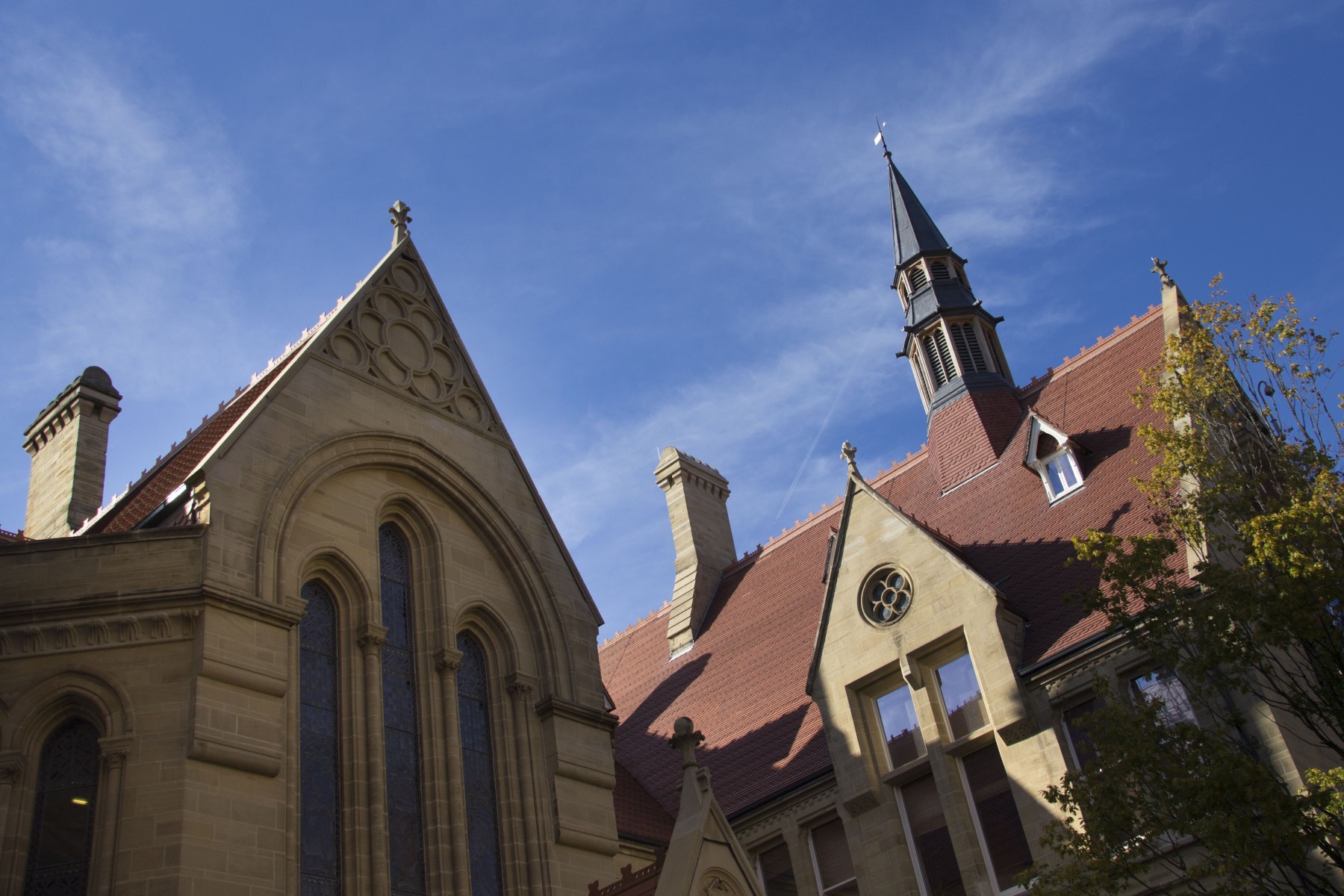GDI alumni plays role to shape the peaceful future of South Sudan
Following Africa's longest-running civil war, South Sudan gained independence from Sudan in July 2011. Unfortunately conflict in South Sudan did not come to an end with Independence: civil war broke out in 2013 following a clash between the President and his former vice president. A power-sharing agreement was signed between the warring parties in August 2018 hoping to bring the five-year civil war to an end. GDI Alumni Rajab Mohandis is a South Sudanese academic who is using his skills and experience to contribute to a peaceful future for this new nation.
“The biggest single challenge for South Sudan is its failure to deliver on the principles that guided the struggles for the independence of the new nation,” said Rajab. “The independence of South Sudan was a result of almost half a century of liberation struggles in pursuit of good and inclusive governance in Sudan. At independence, South Sudan resolved to establish a system of governance that upholds the rule of law, justice, democracy, human rights and respect for cultural diversity of the people.”
“The failure to deliver on this resolve resulted in a brutal civil war. If the pre-independence experience of South Sudan is something to go by, then this new nation is destined for more cycles of protracted civil conflicts until these basic contextual elements of governance, defined in the country’s Text of Declaration of Independence are honestly implemented.”
To help pave the way for better governance Rajab now works as the Executive Director for Organization for Responsive Governance (ORG). The civil society group aims for a peaceful, democratic and prosperous South Sudan and its mission is to promote democratically responsive governance as a driving force for stability and prosperity through strengthening state-society relations.
In its objectives, ORG commits to promote responsive governance institutions and practices, contribute to peacebuilding and conflict mitigation, strengthen economic potentials, livelihoods and resilience mechanisms of communities; influence public policy through objective research and strengthen institutional capacity of civic organisations.
Rajab leads the implementation of ORG’s work, aiming to boost the impact of civil society contributions in the peace process and the broader transition of South Sudan to a stable and effective democratic nation. Rajab contributed to the establishment of several civil society networks including a coalition of over 200 diverse and independent civil society organizations and a Civil Society Taskforce on implementation of the Peace Agreement. This work is instrumental in supporting various civil society groups to provide unified positions on the peace process, inform citizens, compile their views and channel them to the process. He and the networks engage with political parties, mediators and development partners to the peace process, advancing the aspirations of the civil population in South Sudanese. Rajab contributes to monitoring and reporting on the status of implementation of the Peace Agreement.
Rajab says it’s the role of Manchester alumni to look at how their studies can be implemented in their home countries: “[Students] should proactively contribute towards addressing development needs in their respective countries. They should take development a notch higher, contextualize development practices and aim at serving humanity with a difference.”
Read more about Rajab Mohandis’ studies at The University of Manchester.


